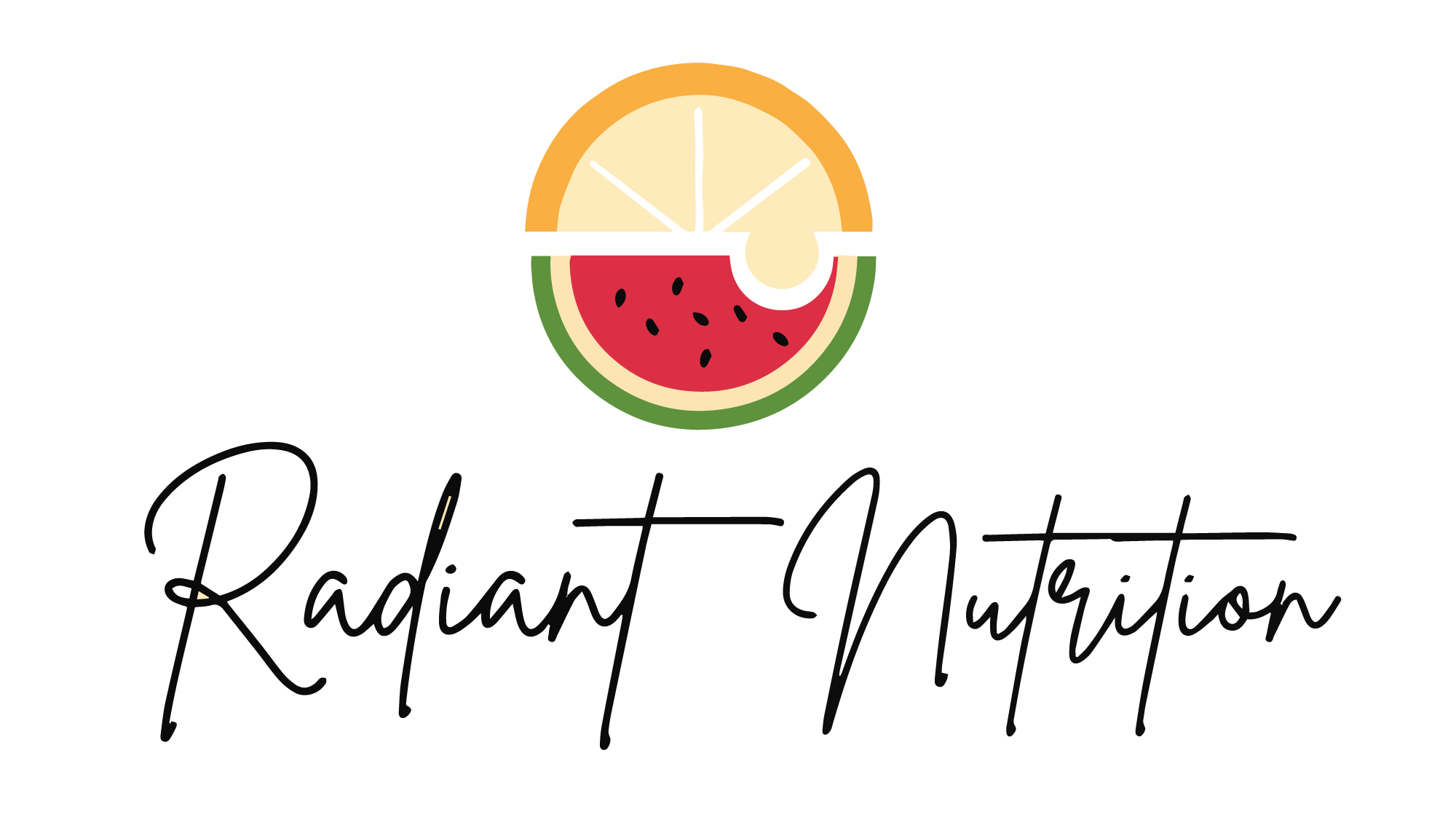4 Steps To Reduce Thanksgiving Anxiety with an Eating Disorder
For many, Thanksgiving “launches” us to the holiday season and often welcomed as the opportunity to spend quality time with those we love. It’s often also a time of reflection on traditions and memories. Unfortunately, for individuals who struggle with disordered eating or an eating disorder, the holiday season can mean a heightened level of stress and anxiety. If this is you or a loved one, we hope that you find some of these tips helpful so you are able to enjoy this special time of year.
Don’t skip your nutrition or therapy appointments.
This isn’t the time to cut your support back. Seeing your RD lends you the opportunity to prepare a structured/individualized meal plan that addresses your family’s unique foods and serving styles (buffet vs family style) so that you are prepared to handle either. Reviewing traditional foods and what they contain, discussing portion sizes and feeling good about what you are going to choose can ensure you meet your nutritional needs and will boost your confidence during the mealtime. Making a plan with your RD will help you stay focused and present to enjoy the gather vs. stressing about the food.
Identify a support person.
Find and use this person(s) and ask they they intervene should you need them to and have a plan to text or call this person when needed if you get stuck. Discussing your concerns ahead of time and identifying potential roadblocks can be incredibly useful when the anxiety increases. Safety is important. You will feel more comforted knowing you are prepared should things start feeling off-kilter.
Plan ahead.
Find something you can do to distract yourself if necessary. Board games, puzzles, a fun craft, your cell phone w/earbuds to play relaxing music or play a game on. One of our favorites is games is HeadsUp. You can also bring a frisbee, baseball or football to toss around in the yard. We often tell our clients that kids and animals can be a helpful distraction from triggering adults. If possible, situate yourself at the table next to non-triggering individuals. Or, offer to sit at the kids table or next to your favorite grandma or aunt/uncle/cousin.
Focus on Gratitude. ◡̈
There are many things to focus your attention on that are good about the holiday. Focus on the breath in your body, your ability to move, see, hear, smell, touch and feel. Focus on the simple things that bring you joy-such as the sweet smile or hug of a favorite relative, the smell of food cooking or a holiday candle, a warm cozy blanket, the ambiance in the room (soft pillows and a crackling fire). Surprise yourself with the many things you may be grateful for!
—Peggy Pratt, PhD, RD, LD

